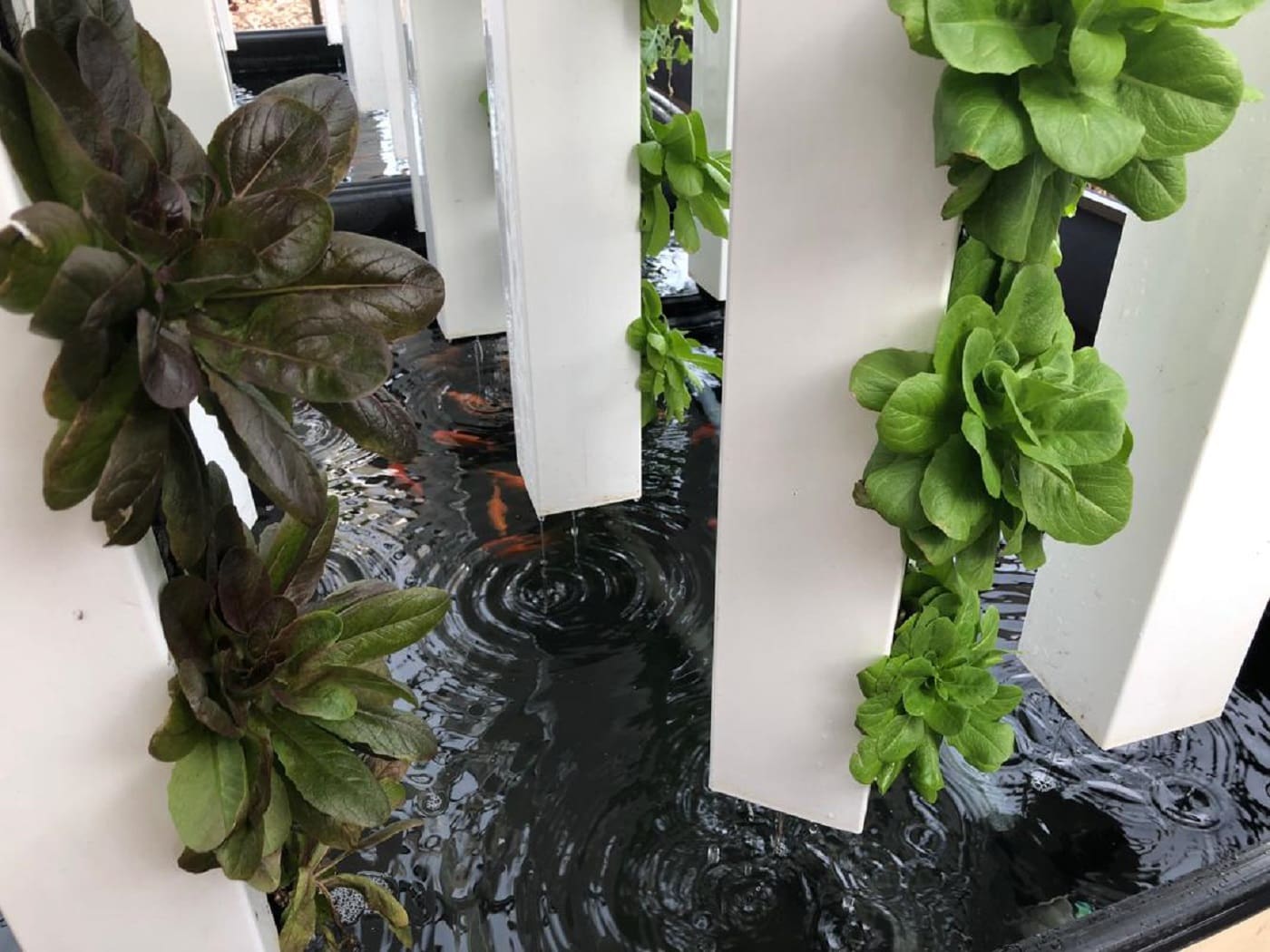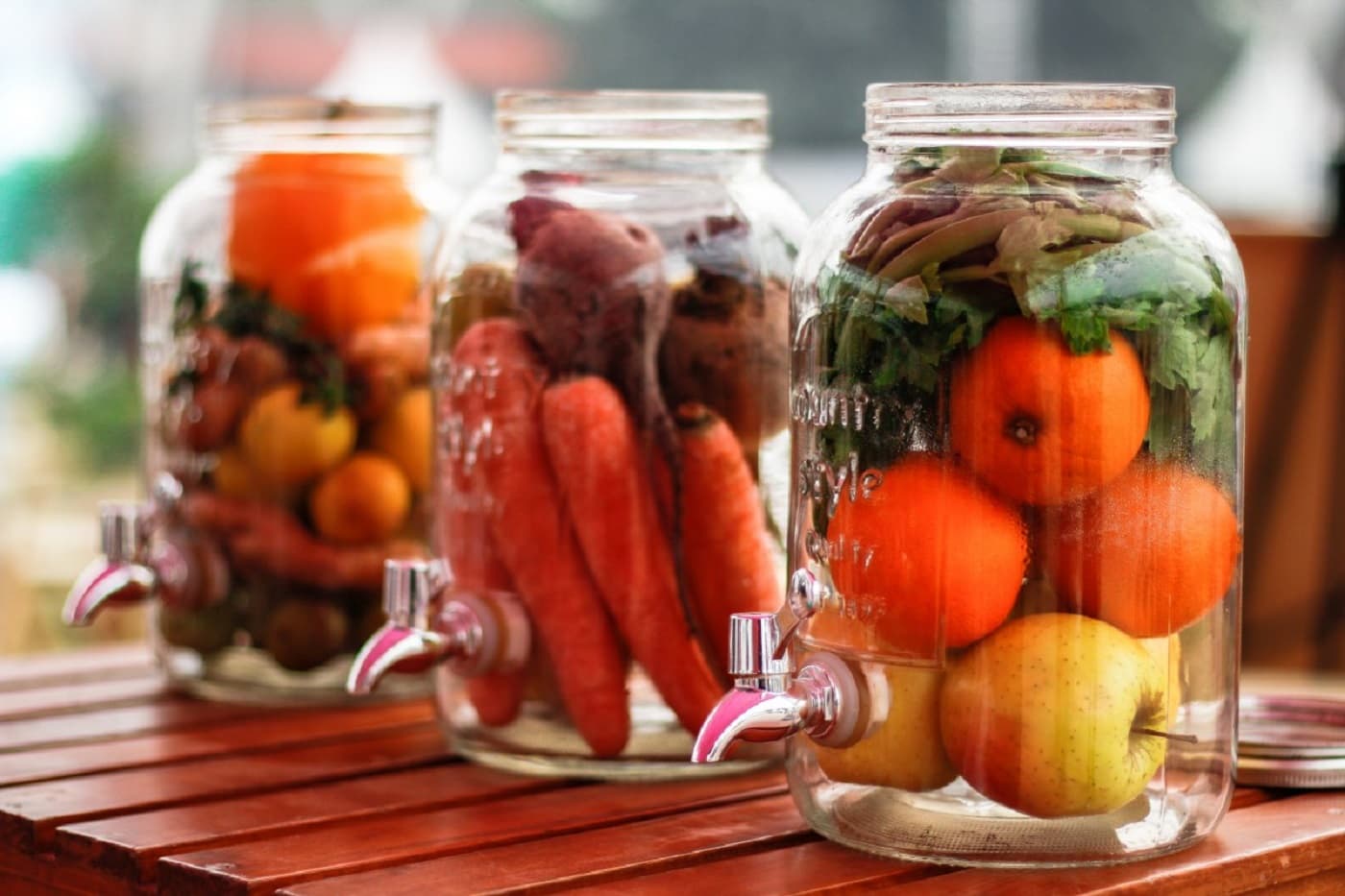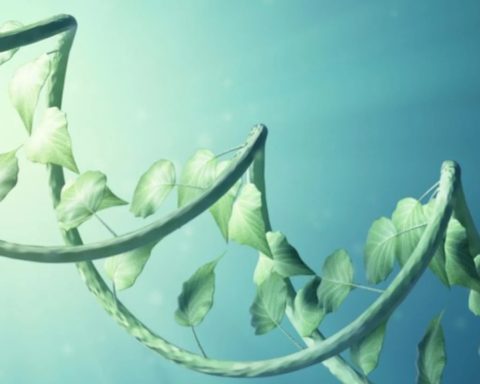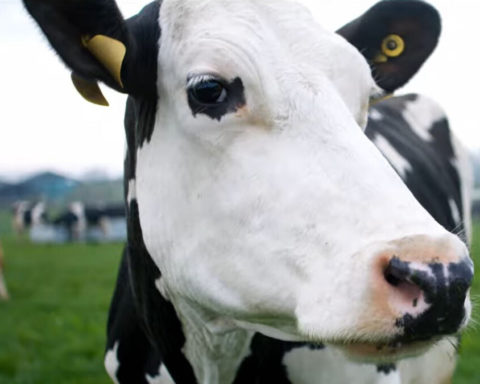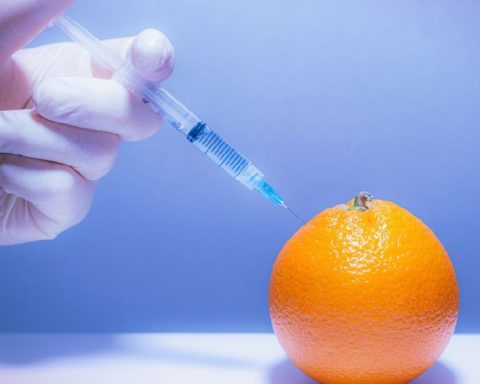How do we engage students in a career that serves the ecological transition and the common good? This is the challenge revealed by a new kind of partnership, that between an engineering school and a startup that has developed a connected greenhouse to produce its own food. Explanations.
More and more people around the world are realizing the consequences of industrial agriculture on the environment and on our own health. Based on the massive use of non-renewable resources, pesticides and fertilizers, the food industry is responsible for many damages: decline of pollinating insects, loss of biodiversity and global warming. The fruits and vegetables in our supermarkets have undergone such transformations that they have lost their taste and nutritional essence. What if we cultivated differently?
The content of our plates has become a social issue. So much so that even the engineers are looking into the subject with a first this year in France: theENSEA (Ecole Nationale Supérieure l'Electronique et de ses Applications) is going to rely on a great entrepreneurial adventure to boost a 3e year, with the young hyper-growing startup located on the outskirts of Strasbourg, myfood. Objective: to open students to new perspectives. "Entrepreneurship is the most powerful way to push the breakthrough ideas and technologies that humanity really needs. ", explains Laurence Hafemeister, director of the establishment.
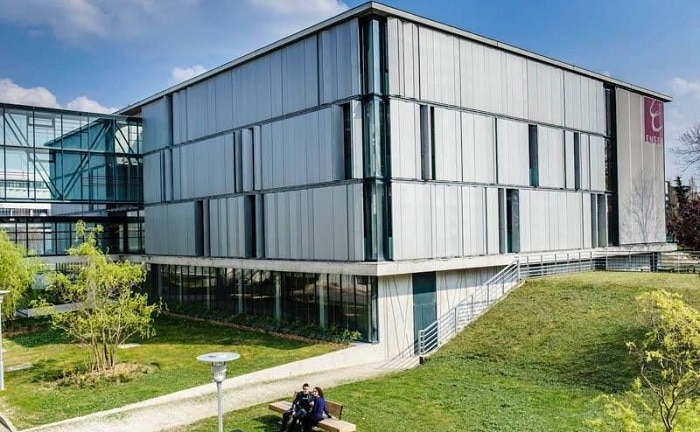
Engaging Students in Career Transition for the Ecological Transition and the Common Good
The ENSEA is 250 students per class. In three years, it trains generalist engineers in the fields of electronics, information technology, energy management and embedded systems. Students are aware of the challenges of the world around them, whether environmental, technical or societal.
A connected greenhouse for the use of future engineers will be deployed in the coming weeks within the school. The projects, courses and practical work will then have a very concrete sound. Lack of time, lack of space, lack of skills. There are many obstacles that limit a radical change in habits. So this initiative will certainly not displease the pupils, who are enthusiastic about the idea of being able to take up the subject of ecology during their studies.
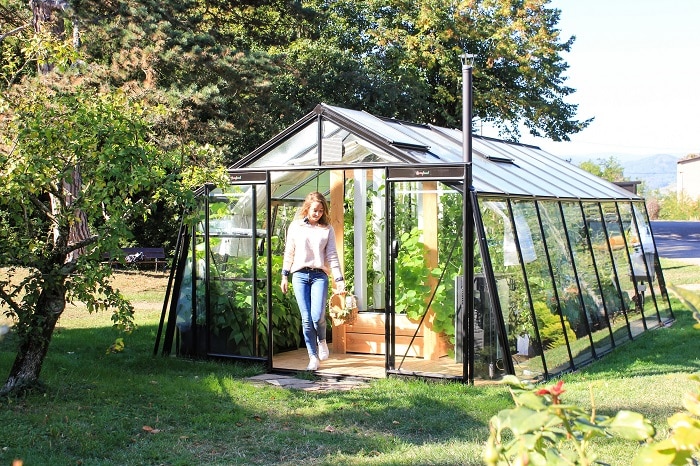
Myfood: everyone should be able to produce their own food, locally
They left school about ten years ago and yet, Mickaël and Johan, after having founded myfood in 2015, come back to present their company in this great engineering school: ". Our environment and ecosystems are changing. Everyone can see it today. Climate change and the scarcity of non-renewable resources call for a profound change in our habits. ", explains Mickaël Gandecki, co-founder.
" One of the ways of responding to these new challenges of civilization is - for us - to encourage as many people as possible to become self-sufficient in fruit, vegetables and proteins. In other words, to be able to produce healthy, ultra-fresh food ourselves, all year round, regardless of skill level or farming conditions. "
The connected greenhouses created by the startup allow everyone to reconnect to their power supply. Designed to grow fruit and vegetables in limited spaces, they combine the best growing techniques with a reduced carbon footprint. Delivered and installed in one day at your home, these greenhouses are anchored in the ground. Made of die-cast aluminum and tempered glass, they are ready to withstand all weather conditions.
The greenhouses are connected and do not require Internet access to transmit data. An application allows you to remotely monitor the evolution of the greenhouses, receive advice on how to optimize use and performance, and an installation tutorial allows anyone to set them up, since from the balcony to the urban farm, they are solar, connected, grow vertically, without chemical inputs... and without effort.
For the creators of myfood, cultivating one's own garden is essential for rediscovering the richness of life. In the city or in the countryside, it is possible to create resilient and productive ecosystems. To do this, they combine ancestral techniques inspired by permaculture. Also - together with aquaponics - they create an innovative symbiosis that brings the plant and aquatic world into contact. By following the rhythm of the seasons, the cultivated species cleverly combine to ensure good cultivation.
This partnership will allow as many people as possible to get involved in this process, step by step, for a diversified production all year round. From project design to technical and agronomic support, the key point of the experience. It enables the right gestures and good practices to be adopted, from start-up to the use of a connected greenhouse or vertical garden.
A learning process that contributes every day to changing eating habits. They prove that nothing is over and that the future will be as good as what we bring to it.

